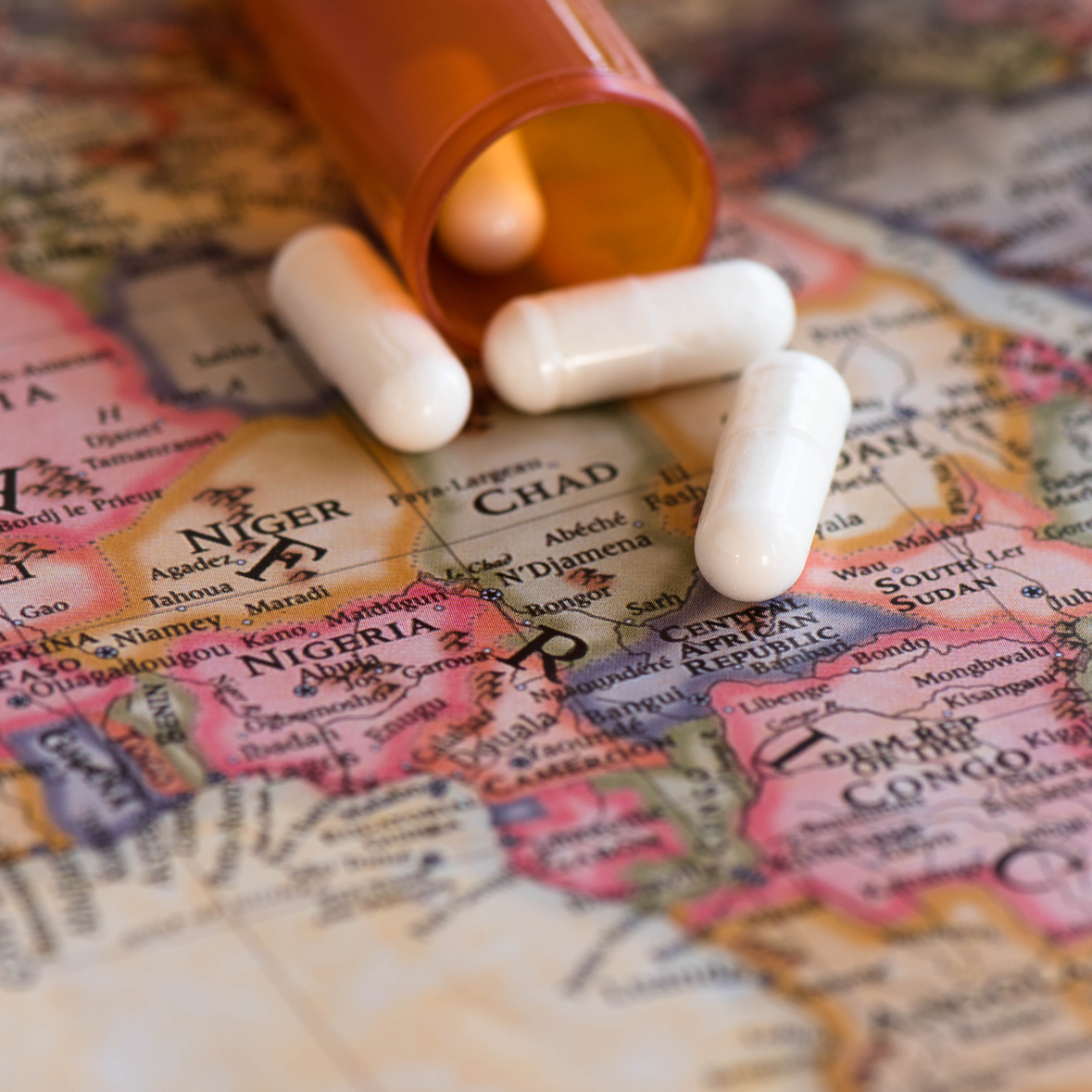WHAT WE TREAT
Travel Medications
Wherever your excursions take you, make sure you are well equipped with a first aid kit and any necessary medications.
Consider speaking to a healthcare professional to discuss carrying certain medications with you.
Examples include medications for bladder infections, diarrhea, respiratory infections, skin conditions and asthma.
Read on for some common illnesses travelers suffer from when away from home, and learn how to prepare before you go. For more information about possible illnesses you may encounter while on the road, visit The Center for Disease Control Traveler’s Health for a more comprehensive list of possible travel complications.

Motion & Sea Sickness
Some people are very sensitive to travel and experience nausea, vomiting and discomfort, called motion sickness. This can happen during road, air or water travel. Certain medicines can prevent or treat motion sickness. Speak with a medical provider to find the medication best suited for you.
Traveler's Diarrhea
Travel related diarrhea and can happen anywhere, but is reported most often by the CDC for travelers to Asia, the Middle East, Africa, Mexico, and Central and South America. To reduce your risk, eat food that is cooked and served hot. Only eat fruits and vegetables if you have washed or peeled them yourself. Drink sealed beverages and avoid ice. Symptoms for traveler’s diarrhea include nausea, vomiting, bloating, abrupt onset diarrhea, cramps, and loss of appetite. If you have traveler’s diarrhea there are medications you can take to help resolve it. You can prepare before you go by speaking with a healthcare professional about filling a prescription in advanced.
Malaria
Visit the CDC website to learn whether you are traveling to a region where malaria is a concern. Malaria is spread through mosquito bites; symptoms include high fevers, shaking, chills, and flu-like illness. Malaria can cause severe illness and sometimes death. You can reduce your risk of getting malaria by taking certain medications before and during your travels. Consider speaking with a medical provider before traveling to your location to get a prescription medication.
If this is a medical emergency, please call 911. For mental health emergencies, call 988.
Have a visit today
Virtual care is a convenient and secure way to speak with a healthcare professional before traveling by phone (where permitted) or video, 24/7/365.
